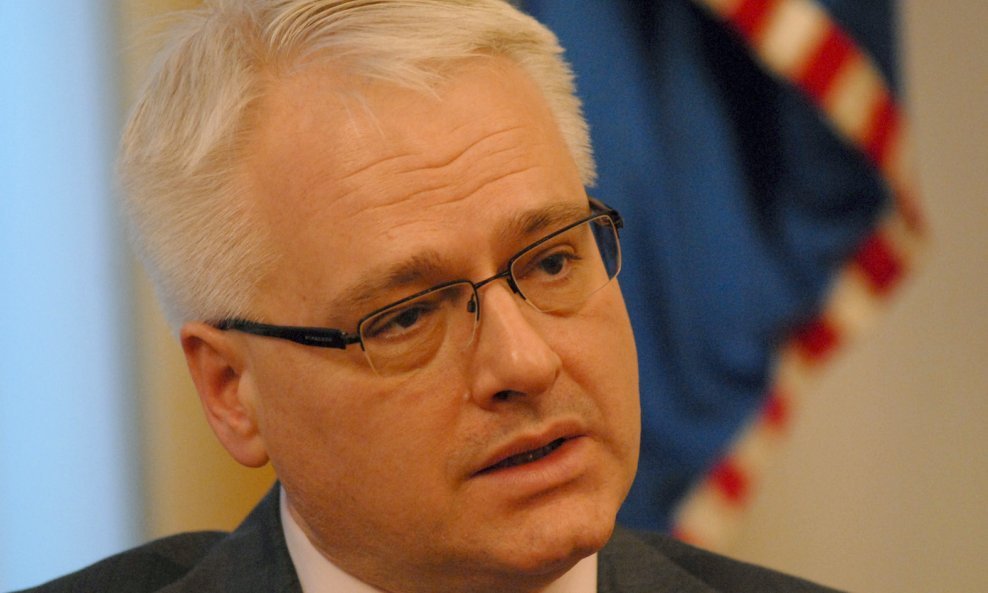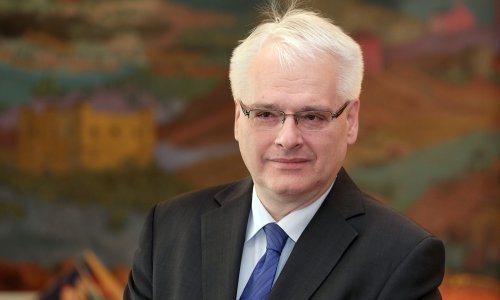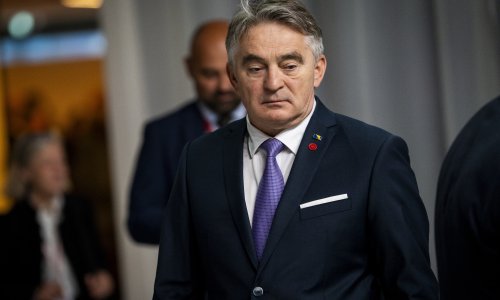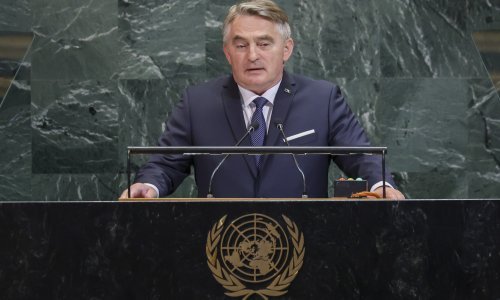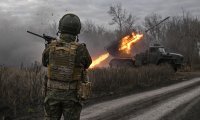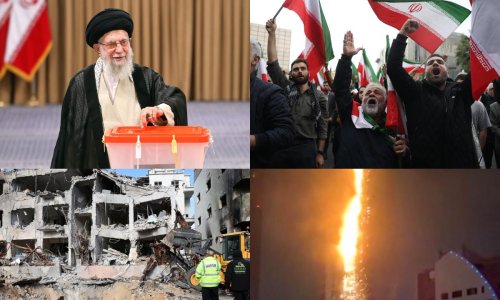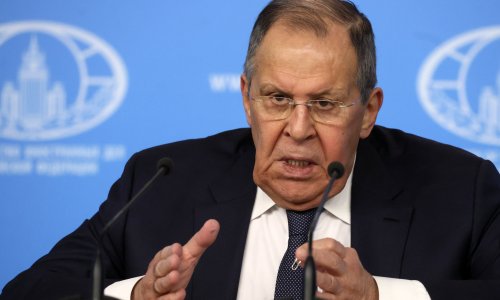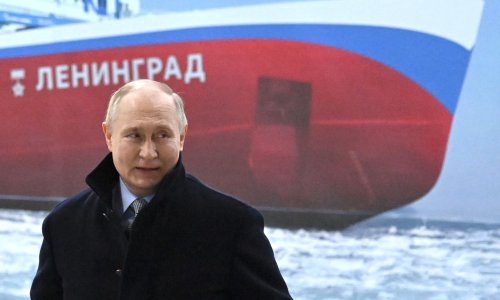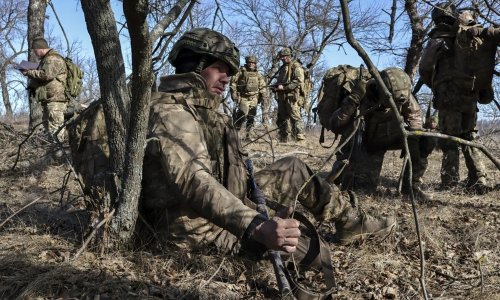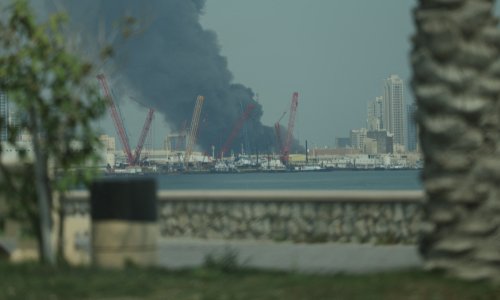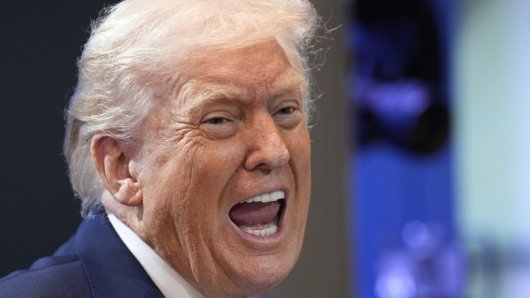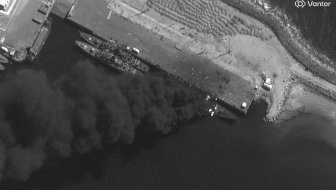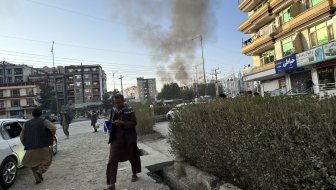Croatian President Ivo Josipovic said on Friday that a lot remained to be done regarding the promotion of cooperation between Croatia and neighbouring countries, supporting together with EU Enlargement Commissioner Stefan Fuele, Serbian President Boris Tadic, Montenegrin President Filip Vujanovic and Bosnia and Herzegovina Presidency Chairman Zeljko Komsic the strengthening of mutual relations and cooperation in the process of reconciliation.
Addressing the 22nd meeting of the Igman Initiative in Belgrade, entitled "European perspective, cooperation and stability in the region", Josipovic said that on their way to the European Union the countries in the region had a responsibility to tell their citizens the truth about the difficult reforms and decisions to be undertaken, and that the economic situation could be even worse, but that it could be overcome.
"We also have a responsibility towards our neighbours not to export crisis, not to make enemies, and not to avoid our obligations," Josipovic said. Partnership is necessary, not only when it comes to the burning historical issues, but also in shedding light on the fate of missing persons, in dealing with the issues of refugees, succession, property and responsibility for war crimes, and in building the future, he said.
When it comes to values and principles, the key words should be responsibility, trust, compromise, courage, optimism and self-confidence, Josipovic said, reiterating that Croatia's neighbours could count on its support after its accession to the EU.
EU Enlargement Commissioner Fuele said regional cooperation and good neighbourly policy and relations were key elements of the EU enlargement policy and that those principles were adopted this past week in the EU enlargement strategy for 2011/2012.
The main principles of the European project include lasting reconciliation among its members, Fuele said, adding that lasting reconciliation cannot be achieved without coming to terms with the past and trying to establish the truth, underlining that a lot had been done on reconciliation in the past years.
Fuele said the Igman Initiative offered a very good platform for defining problems and promoting joint solutions. Welcoming the desire of the participants in the meeting to step up efforts on refugee return, Fuele said the European Commission would financially support their joint programme for refugee return and help organise a successful donor conference in the spring of 2012.
We are carefully watching all our partners in the region and expect them to cooperate efficiently, notably regarding dialogue between Belgrade and Pristina, said Fuele.
Serbian President Boris Tadic said that the joint objective of the EU membership of Serbia, Croatia, Montenegro and Bosnia and Herzegovina could be achieved solely by strengthening cooperation and dealing with all outstanding issues in a democratic fashion, through dialogue based on mutual trust. The remaining outstanding issues burdening bilateral relations must not and cannot be used in such a way to hamper the process of their EU integration, said Tadic.
"I consider reconciliation among the countries and nations in this part of Europe to be one of the most important processes and challenges today," Tadic said, supporting efforts to deal with the problems of refugees, displaced and missing people, as well as progress in cooperation in the fight against organised crime.
Bosnia and Herzegovina Presidency Chairman Zeljko Komsic said there was no alternative to EU membership either for Bosnia and Herzegovina or the rest of the region, welcoming the role civil society was playing in the process of cooperation and reconciliation, while Montenegrin President Filip Vujanovic underlined the importance of regional stability as a condition for the European integration of the whole region.
After the meeting in Belgrade, the presidents of the four countries signed a joint declaration dedicated to partnership for the European future of the region.
In the declaration, the four leaders express their strong belief that the prospect of EU membership is a driving force and guarantee of peace in the region and a catalyst for increasingly good relations between citizens and countries of Southeast Europe.
The signatories to the declaration said they remained firmly committed to dealing with outstanding issues through dialogue in the spirit of good neighbourly relations and in line with international law, confirming once again that each of the four countries would act in mutual relations in such a way to help meet all the necessary criteria for EU membership.
The signatories are agreed that the process of reconciliation must continue and underline the role in that process of close cooperation between the countries' judiciaries, not only in the prosecution of war crimes, but of all forms of organised crime.
They underline the importance of civil society and the strengthening of participatory democracy and greater openness of political and administrative structures, including for the purpose of fighting corruption.
The signatories also express their agreement that the mutual removal of barriers to economic cooperation will make each of the four countries and all of them together more resilient to crises and more capable of economic recovery.
The Igman Initiative was established in 2000 as a network of non-governmental organisations from countries of the former Yugoslavia seeking to speed up the normalisation of relations between the newly-emerged countries after the break-up of the Yugoslav federation. Its name commemorates an event that occurred in the spring of 1995 when a group of 38 intellectuals and anti-war activists from Serbia and Montenegro, after travelling for 48 hours via Hungary and Croatia, reached Serb-besieged Sarajevo via Mount Igman and through a makeshift tunnel.



